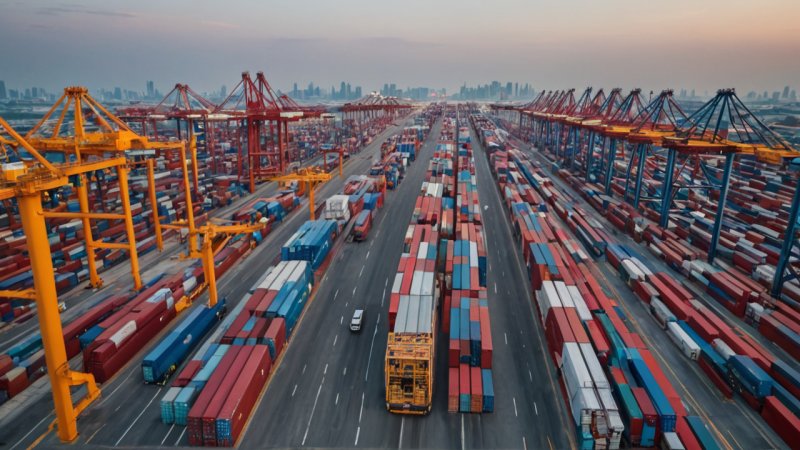What are technological advancements in the context of global trade?
Technological advancements refer to innovations and improvements in tools, systems, and processes that enhance productivity and efficiency in various sectors. In global trade, this includes developments in communication technologies, transportation systems, and automation that facilitate the movement of goods and services across borders.
How has technology changed the way businesses operate in international markets?
Technology has revolutionized how businesses operate internationally by enabling real-time communication, streamlining supply chains, and improving logistics. Companies can now reach customers worldwide through e-commerce platforms, utilize data analytics for market insights, and automate processes to reduce costs and increase speed.
What role does digital communication play in global trade?
Digital communication plays a crucial role in global trade by allowing businesses to connect with partners, suppliers, and customers across the globe instantly. Tools such as email, video conferencing, and instant messaging have made it easier to negotiate deals, resolve issues, and maintain relationships, regardless of geographical barriers.
How has automation impacted global supply chains?
Automation has significantly impacted global supply chains by enhancing efficiency and reducing human error. Automated systems for inventory management, order processing, and logistics tracking help companies respond quickly to changing market demands, manage resources better, and lower operational costs.
What are some examples of technological advancements that have influenced global trade?
- Blockchain Technology: Enhances transparency and security in transactions.
- Artificial Intelligence: Improves forecasting and customer service through personalized experiences.
- Internet of Things (IoT): Allows real-time tracking of goods and enhances supply chain visibility.
- 3D Printing: Reduces the need for long-distance shipping by enabling local production.
What challenges does technology pose for global trade?
While technology offers numerous benefits, it also presents challenges such as cybersecurity threats, the digital divide between developed and developing countries, and the need for businesses to adapt to rapid technological changes. Companies must invest in security measures and training to mitigate these risks.
How do technological advancements affect trade regulations and policies?
Technological advancements can outpace existing trade regulations, prompting governments to adapt policies to address new challenges such as data privacy, digital taxation, and intellectual property rights. This can lead to increased compliance costs for businesses and necessitate ongoing dialogue between stakeholders.
What is the future of global trade in light of technological advancements?
The future of global trade is likely to be shaped by continued technological innovation, with trends such as increased automation, enhanced data analytics, and the growing importance of sustainability influencing trade practices. Businesses that embrace these changes will be better positioned to thrive in an increasingly interconnected world.
In conclusion, technological advancements have profoundly impacted global trade by enhancing efficiency, improving communication, and creating new opportunities. However, businesses must navigate the associated challenges and adapt to an ever-evolving landscape to remain competitive.






